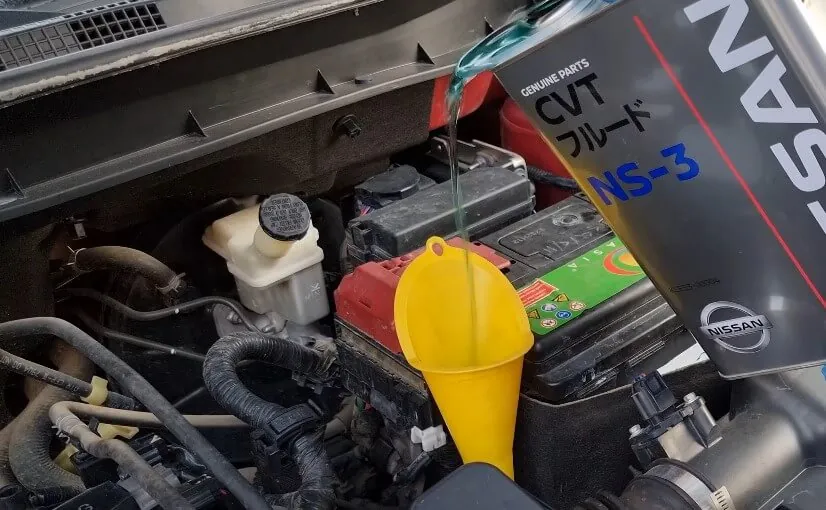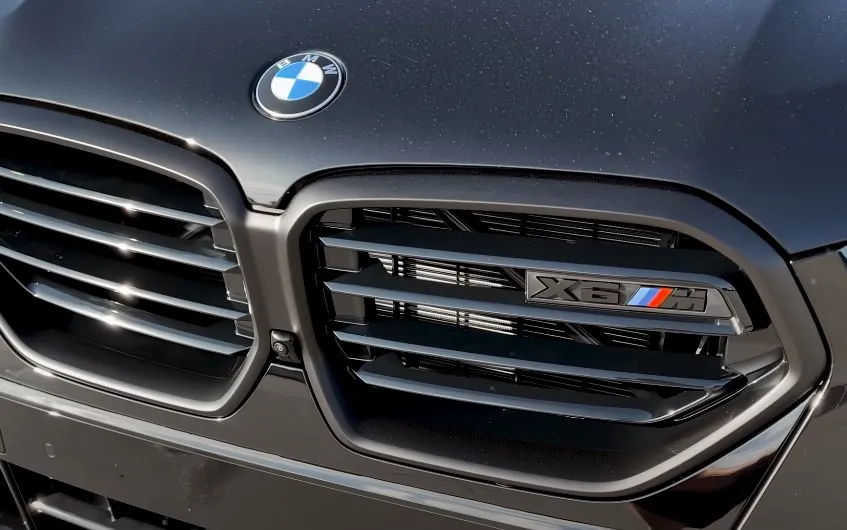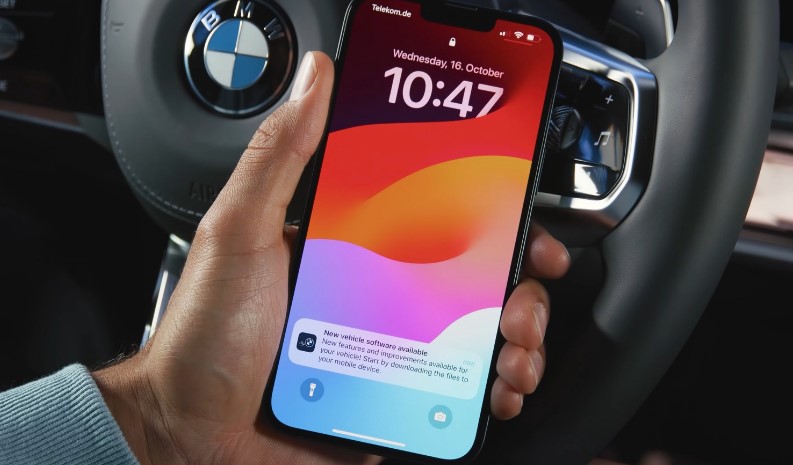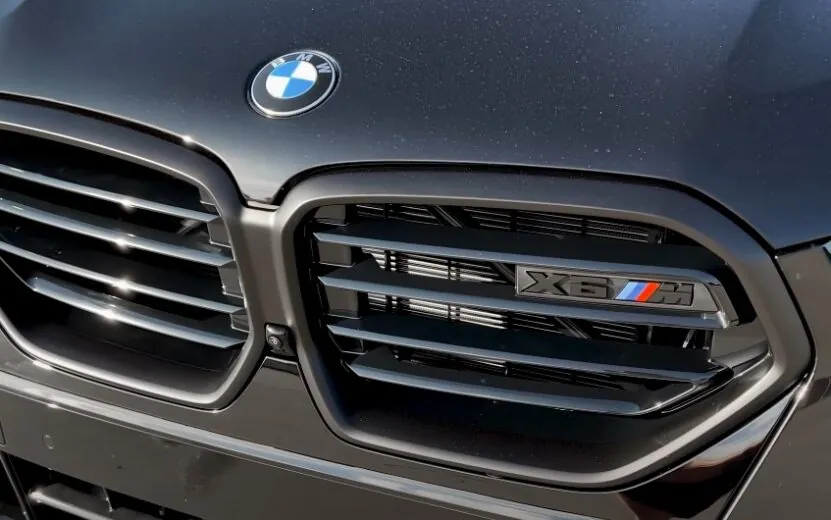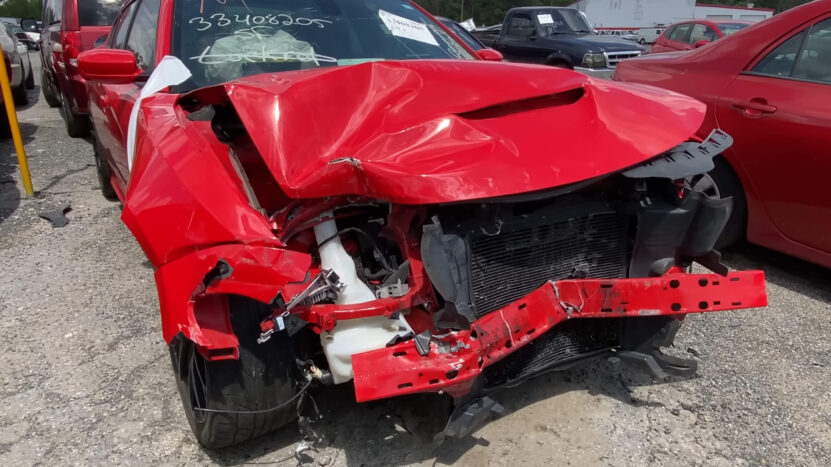
Share Post:
Looking for a used car can feel exciting and a little stressful at the same time. You walk through the lot, hoping to find a solid deal that feels right. Then you see one car with a price that looks almost too good to pass up, and you wonder what the catch might be.
A salvage title often turns up at that moment. Some people see it and walk away fast, worried about hidden problems. Others feel curious and think it might be a smart way to save money.
Knowing exactly what a salvage title means helps you decide if that low price is worth it or if it will lead to more headaches later.
This article will explain what a salvage title really means and help you decide if it fits your needs or should be avoided.
What Does Salvage Title Mean for Buyers?
The term salvage title officially marks a car that has sustained significant damage, leading the insurance company to declare it a “total loss.” Salvage title cars, though often heavily discounted, carry risks and limitations that any buyer should know.
Costs and Value
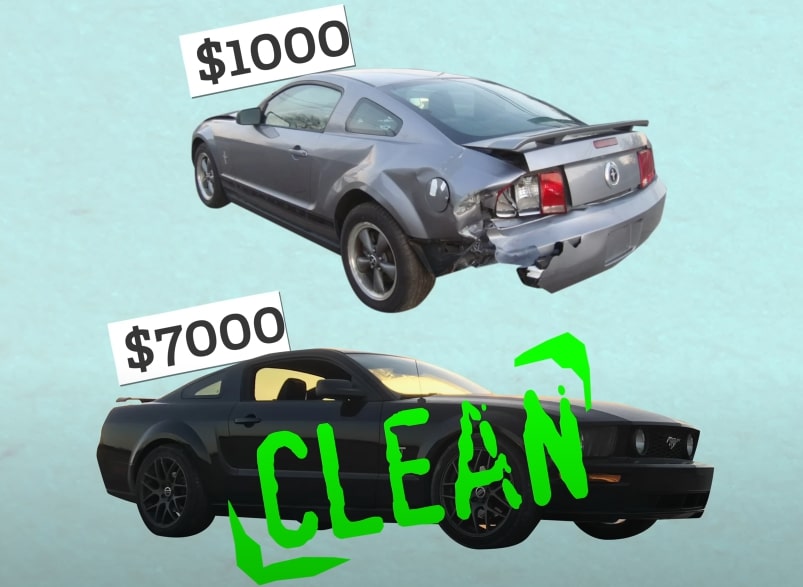
Salvage title cars are priced 20% to 40% lower than similar models with clean titles. While the savings may seem appealing, the title lowers the car’s resale value and may bring high repair and maintenance costs. A salvage vehicle’s lifetime cost, including repairs and insurance, can often outpace initial savings.
Also, learn the difference between manufacturer date and model year.
Reasons a Vehicle Gets a Salvage Title

It often results from various types of severe damage, leaving the car as a financial loss in the eyes of the insurance company.
Common Reasons
- Severe Accidents: After an accident where repair costs reach or exceed a substantial portion of the car’s pre-accident value, insurers often decide it’s uneconomical to restore. For example, a car with frame damage or extensive airbag deployment may cost too much to fix, leading to a salvage title.
- Natural Disasters: Events like hurricanes or floods can leave cars with rust, mold, or irreparable electrical problems. Following major storms, thousands of flood-damaged vehicles often end up with salvage titles.
- Theft Recovery: When a stolen vehicle is found after the insurance payout, the car might have missing parts or damage that makes repairs expensive. Though not always heavily damaged, some states assign a salvage title due to the car’s unknown condition after theft.
- Fire Damage: Fires in cars or garages lead to severe internal or external damage, often requiring extensive electrical and structural repairs, warranting a salvage title due to high restoration costs.
The criteria can vary between states. While some states issue this title automatically for specific types of damage, others have more lenient policies, leading to inconsistencies in title designations across state lines.
In some instances, title-washed vehicles (ones that had salvage titles in one state but were retitled clean in another) can resurface, posing additional risks for buyers unaware of the car’s damage history. Therefore, it is advised to always check the vehicle’s history to avoid issues that could cost you a lot.
Risks and Challenges

Buying can be tempting due to lower prices, but there are specific risks and challenges that buyers must consider.
Primary Risks
- Safety Uncertainties: Salvage cars often come from significant accidents or extreme damage, leaving potential safety risks. Even if repairs appear complete, hidden issues, such as compromised airbags or structural weaknesses, can remain.
- Limited Insurance Options: Many insurance companies only offer basic liability coverage on salvage title vehicles and avoid collision or comprehensive coverage due to increased risk. Some insurers may even refuse to cover these vehicles altogether.
- Higher Maintenance and Repair Costs: Salvage title cars often require frequent repairs, which can accumulate over time. Unknown problems may arise due to past damage, leading to costly repairs that could negate initial savings.
Choosing a car insurance company becomes even more important when dealing with a salvage title. Buyers should compare providers not just for price, but for willingness to insure rebuilt or salvage vehicles.
Some companies are more flexible, while others might deny coverage entirely. Reviewing insurer reputations, speaking directly with agents, and confirming policy details in writing can save major hassle down the road.
Financing and Resale
Financing a car can be difficult, as lenders see these vehicles as high-risk investments. Even if financing is available, interest rates are often higher than for clean title vehicles. Additionally, the resale value is much lower, making it harder to sell or trade in later.
Fraud and Title Washing
A salvage title car may sometimes have undergone “title washing,” where the vehicle’s salvage history is hidden by transferring the title to a state with more lenient title regulations. Title washing can mislead buyers into purchasing a car with unknown damage, posing significant financial and safety risks.
Rebuilt Titles and What They Mean
When such car undergoes significant repairs and passes inspection, it can receive a “rebuilt” title. Rebuilt titles allow the vehicle to return to the road, although the car remains marked by its salvage past, impacting insurance, financing, and resale options.
What Buyers Should Consider with Rebuilt Titles
- Inspection Quality: Standards for rebuilt titles differ by state, so inspection quality may vary. Some states may approve a car with basic repairs, while others require more rigorous checks. Researching state requirements can help buyers understand what level of inspection the car has passed.
- Insurance Limitations: Though a rebuilt title allows the car on the road, insurance companies may still restrict coverage options. Many insurers offer liability-only policies and exclude collision or comprehensive coverage due to the car’s salvage history.
- Reduced Market Value: Even with a rebuilt title, the car’s past salvage designation remains. This reduces resale value, making it challenging to sell later, especially if safety or repair issues emerge over time.
Benefits for Certain Buyers
While such cars bring certain risks, they may still offer benefits for specific types of buyers. These vehicles, often sold at a fraction of their original cost, attract individuals who are willing to take on potential challenges for the chance at significant savings.
For the right buyer, a salvage title vehicle can provide an economical solution, particularly if they have the resources or skills to manage repairs.
Who Might Consider It?
- Budget-Conscious Buyers: A mechanically inclined buyer, for example, might appreciate the chance to acquire a vehicle they could otherwise not afford by taking on the necessary repairs themselves.
- Enthusiasts: They may see these vehicles as opportunities to work on valuable makes or models at a lower initial cost. In these cases, buyers understand the repair requirements and may find satisfaction in restoring the car themselves.
- As a Secondary Car: Some buyers looking for an additional car for short-term use or as a secondary vehicle may consider a salvage title.
Common Questions Buyers Ask
Do salvage title cars have warranties?
No, a salvage title generally voids any factory warranty, as the vehicle’s damage and repairs make it unreliable under manufacturer standards. Extended warranties are also rare, though some third-party providers may offer limited coverage, often with exclusions.
How can I know if the damage was cosmetic or structural?
A detailed vehicle history report and a mechanic’s inspection are essential to verify the type of damage. Cosmetic issues, such as hail dents, differ significantly from structural damage that can impact safety and driveability.
Can I use a salvage title car for trade-in?
Most dealerships avoid taking salvage title cars for trade-in due to resale challenges. Private buyers may be open to negotiation, but it may be more challenging to find interested parties.
How can I make sure I get a fair deal on a salvage title car?
Researching similar salvage title models, using vehicle history reports, and consulting a trusted mechanic are essential steps. Having full knowledge of the car’s condition and market value helps prevent overpaying.
The Bottom Line
A salvage title might initially seem like a red flag, but for some buyers, it represents an opportunity worth considering. By taking a deeper look into a car’s history, getting professional inspections, and understanding the full landscape of costs, risks, and insurance, you can decide if a salvage title vehicle could be the right fit for your needs.
Related Posts:



